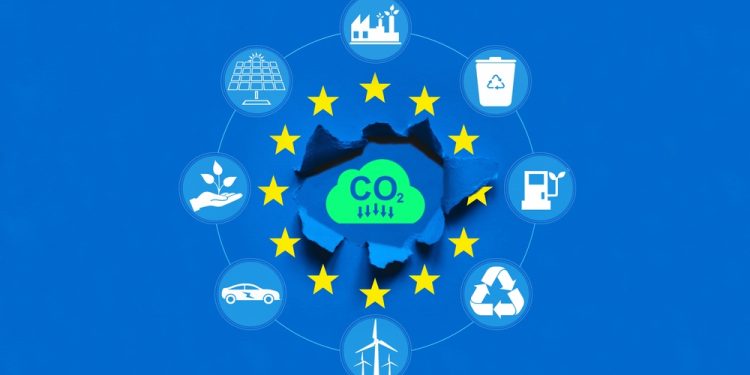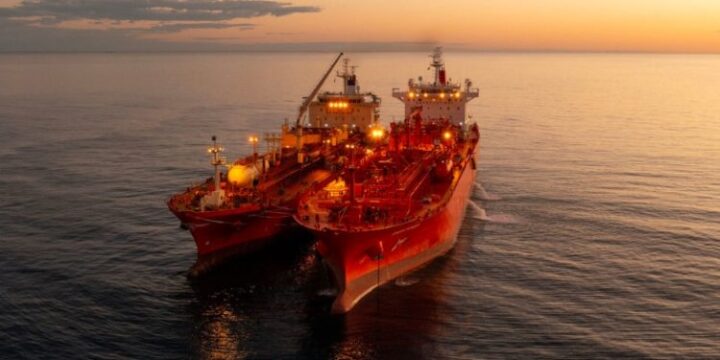June 19, 2025

According to the International Marine Contractors Association (IMCA), an economic impact assessment by PA Consulting highlights the critical role of the marine contracting sector in advancing Europe’s energy transition, digital security, and economic resilience.
As informed, the study projects that by 2025, the sector will generate over €45 billion in direct gross value added (GVA) and support more than 220,000 direct jobs across Europe, the UK, and Norway. Including indirect and induced impacts, the sector’s contribution rises to €80 billion in GVA and over 490,000 jobs. This makes marine contracting a high-value industry, with GVA per worker over 2.5 times the European average.
Credit: PA Consulting
The report emphasizes the sector’s strategic importance in installing and maintaining offshore wind farms, laying subsea cables, deploying power interconnectors, supporting carbon capture and storage, and safeguarding critical infrastructure. It is also central to reducing reliance on imported fossil fuels and securing Europe’s energy and data infrastructure in the face of geopolitical instability.
However, achieving Europe’s 2050 target of 300–400 GW of offshore wind capacity will require substantial investment in vessels, port upgrades, and trained personnel, all of which hinge on long-term policy certainty and regulatory clarity.
Industry leaders urge policymakers to provide the investment certainty needed to scale up offshore wind projects and associated infrastructure. Without coordinated support, including alignment on alternative fuels and port access, the sector may struggle to meet growing demand, IMCA warns.
Europe’s energy transition depends on the capabilities of marine contractors — and our members are ready to partner with EU policymakers to deliver it. We need joined-up thinking and long-term policy certainty to meet future demand. The sector is ready — but it cannot do this alone
… said Iain Grainger, CEO of IMCA.

